Rideshare safety litigation in Brooklyn has gained prominence, focusing on product defect lawsuits against holding companies for unsafe transportation services. These legal actions scrutinize vehicle conditions, driver training, and software updates, with Brooklyn's courts playing a crucial role in interpreting product liability laws and driving industry-wide improvements. The borough is now known as a hub for such litigation due to its robust legal framework and the potential for significant financial remedies. Victims of accidents involving defective rideshare vehicles like Uber and Lyft can seek compensation through Rideshare Safety Litigation, with evidence requirements including proof of ownership, documentation of defects, and medical links to injuries. Effective preventative measures are essential for rideshare companies to reduce accident risks, enhance safety standards, and balance efficient transportation with stringent safety protocols.
In Brooklyn, product defect lawsuits related to rideshare services have been on the rise, underscoring the need to understand the legal landscape surrounding these incidents. This article delves into ‘Rideshare Safety Litigation’, exploring common causes like vehicle malfunctions and driver negligence, eligibility criteria for filing suits, and the steps involved in navigating the legal process post-accident. It also examines damages, compensation, and preventative measures to enhance rideshare safety.
- Understanding Product Defect Lawsuits in Brooklyn
- Common Causes of Rideshare Safety Litigation
- Who Can File a Lawsuit: Eligibility Criteria
- Navigating the Legal Process: Steps After an Accident
- Damages and Compensation for Victims
- Preventative Measures: Ensuring Rideshare Safety
Understanding Product Defect Lawsuits in Brooklyn
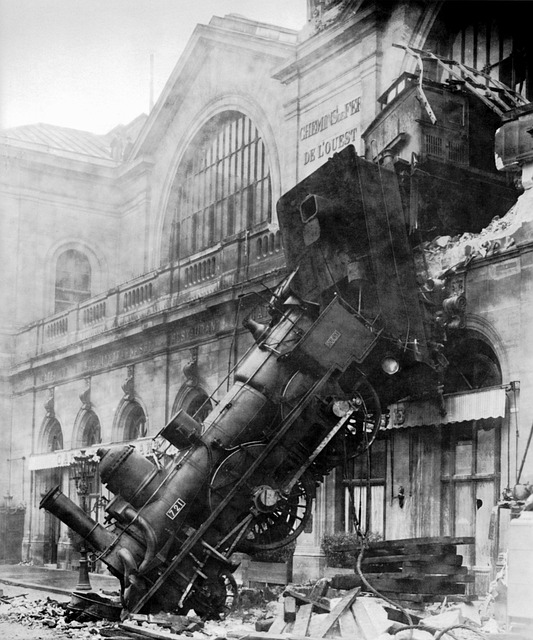
In Brooklyn, product defect lawsuits, especially those involving rideshare safety litigation, have gained significant traction in recent years. These legal actions arise when individuals sustain injuries due to defective products or vehicles, with a particular focus on the safety standards of ridesharing services. Brooklyn’s bustling legal landscape provides a platform for victims to seek justice and compensation for their losses.
Rideshare Safety Litigation focuses on holding companies accountable for maintaining safe transportation services. This includes scrutinizing vehicle conditions, driver training programs, and software updates to ensure they meet the required safety standards. Brooklyn’s courts have been instrumental in interpreting product liability laws, ensuring that consumers are protected from hazardous products or services. Such cases not only provide financial remedies but also serve as a catalyst for improving industry-wide safety measures, making Brooklyn a notable hub for product defect litigation.
Common Causes of Rideshare Safety Litigation
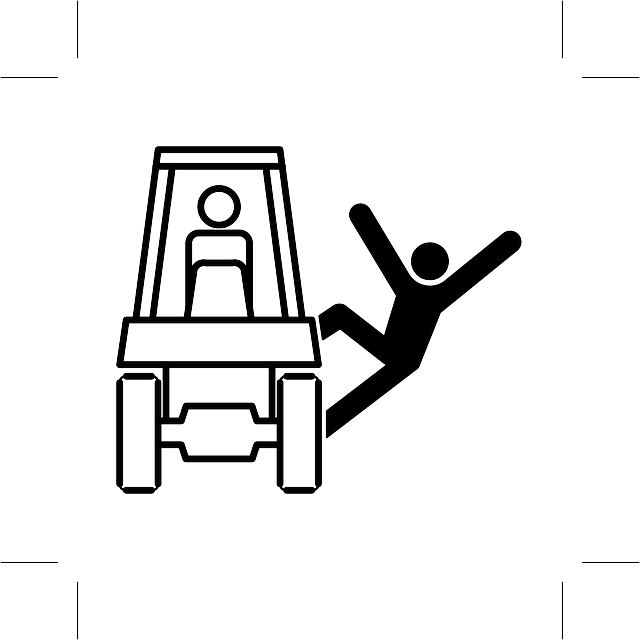
In the dynamic landscape of rideshare services, ensuring passenger safety is paramount. Common causes of Rideshare Safety Litigation include driver negligence, vehicle maintenance issues, and inadequate safety protocols. Negligence on the part of drivers, such as distracted driving or speeding, can lead to serious accidents and subsequent legal action. Vehicle maintenance problems, like faulty brakes or tire issues, are also significant hazards that can result in litigation if they cause harm to passengers.
Moreover, inadequate training or enforcement of safety protocols by rideshare companies can expose them to legal risks. This includes instances where drivers have not undergone proper background checks, lack adequate insurance coverage, or have not been trained in emergency response procedures. These lapses in protocol can lead to preventable accidents and subsequent Rideshare Safety Litigation, underscoring the need for robust safety measures within the industry.
Who Can File a Lawsuit: Eligibility Criteria
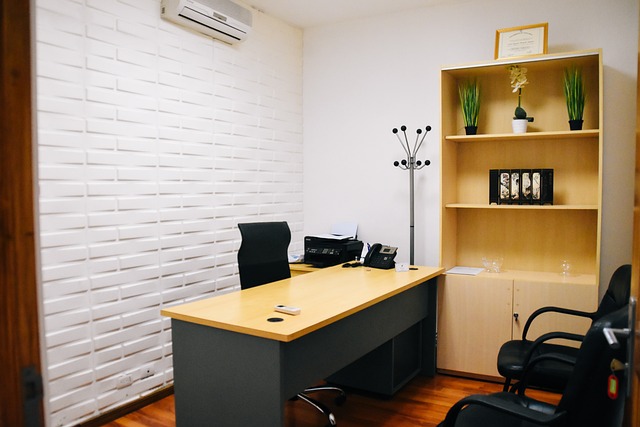
In Brooklyn, anyone who has been affected by a product defect and suffered harm as a result can file a lawsuit. This includes individuals who have been injured in accidents involving defective products, such as those found in rideshare vehicles. Rideshare Safety Litigation is a growing area of legal focus, given the increasing number of people relying on services like Uber and Lyft for transportation.
Eligibility criteria vary based on the nature of the defect and the resulting injuries. However, common factors include proof of ownership or use of the defective product, documentation of the defect’s role in the incident, and evidence linking the injuries to the defect. In rideshare cases, this might involve reviewing safety records, driver training materials, and medical reports to establish liability.
Navigating the Legal Process: Steps After an Accident
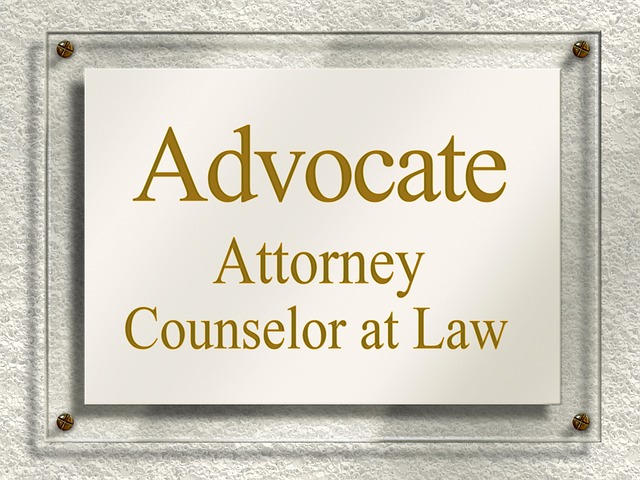
After a product defect leads to an accident, individuals in Brooklyn affected by Rideshare Safety Litigation should take immediate steps to protect their legal rights. The first step is to seek medical attention if necessary and document any injuries sustained. Next, gather evidence from the scene of the accident, including photographs of defects or hazards that contributed to the incident.
Additionally, it’s crucial to preserve all relevant information such as vehicle maintenance records, insurance policies, and communication with rideshare companies. Contacting a legal professional experienced in product defect lawsuits is essential. An attorney can guide you through the process, explain your rights, and help build a strong case to hold responsible parties accountable for Rideshare Safety Litigation.
Damages and Compensation for Victims
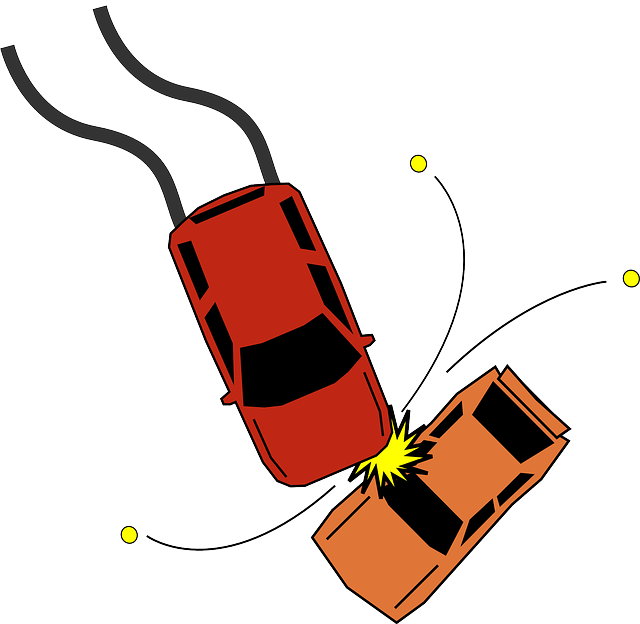
When victims are injured due to product defects, they have legal rights and are entitled to seek compensation for their damages. In cases involving Rideshare Safety Litigation, such as those arising from defective vehicles or safety equipment failure, individuals can claim various forms of damages. These may include medical expenses, both past and future, pain and suffering, lost wages, and in some instances, punitive damages if the manufacturer or seller acted with gross negligence or malice.
The goal of seeking compensation is not only to provide financial relief but also to hold accountable those responsible for putting defective products into the market. This process can lead to important changes in product design and safety standards, ultimately enhancing Rideshare Safety Litigation outcomes and protecting future consumers from similar hazards.
Preventative Measures: Ensuring Rideshare Safety
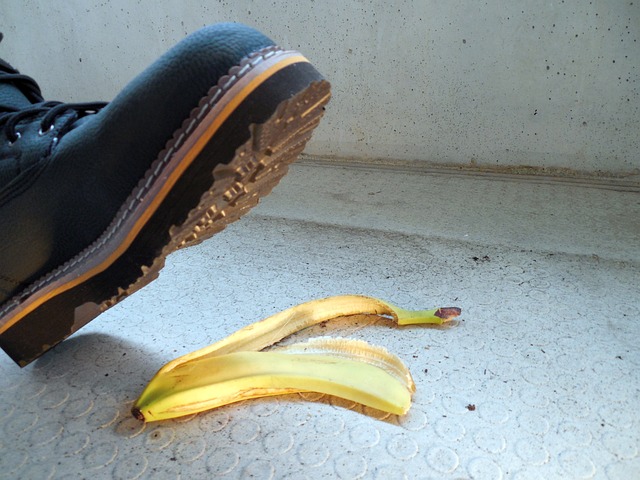
In the realm of rideshare safety litigation, preventative measures are key. As Brooklyn continues to navigate the landscape of product defect lawsuits, focusing on enhancing Rideshare Safety becomes increasingly vital. Companies operating rideshare services must implement robust safety protocols and technology to mitigate risks. This includes regular vehicle inspections, driver background checks, and advanced safety features such as collision avoidance systems and emergency response mechanisms.
By adopting these measures, rideshare companies can reduce the likelihood of accidents and subsequent lawsuits. Ensuring Rideshare Safety involves continuous improvement, staying current with technological advancements, and adhering to regulatory guidelines. It’s a delicate balance between providing efficient transportation and maintaining the highest standards of safety for both passengers and drivers alike.
Product defect lawsuits in Brooklyn, particularly those involving rideshare safety litigation, are crucial in ensuring accountability and compensating victims. By understanding common causes, eligibility criteria, and the legal process, individuals affected by these incidents can navigate their rights effectively. Awareness of preventative measures is also vital to foster a culture of rideshare safety. Remember that, through collective efforts and informed choices, we can revolutionize Rideshare Safety Litigation, ensuring a safer environment for all.
